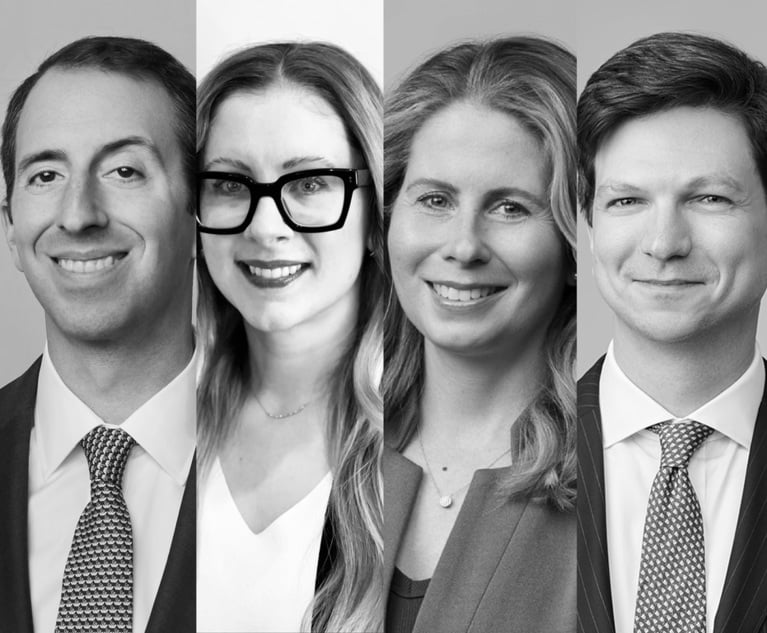THE LAWYERS ARE NOT ALRIGHT - Nearly three years since the beginning of the pandemic, firm leaders and their employees are still struggling with workplace dynamics. As Law.com’s Andrew Maloney, Patrick Smith and Hank Grezlak report, constant stress, triggered by the pandemic and other events, has changed people. That’s colliding with a push to return to previous ways of working and thinking. It’s manifested in several things: increased empathy, distrust in others, and a tug-of-war over remote work and in-office interactions. “The pandemic forced us to create a new way of experiencing work that we weren’t prepared for [and happened very quickly] in the shadow of a threat that can kill you [and you can’t see it],” said Dr. Larry Richard, a lawyer, psychologist and founder of LawyerBrain, a management consulting company, is considered an expert on the psychology of lawyer behavior. “The threat sensing circuit in our brain that was designed to protect … the mechanism it uses is change,” he added, noting “the threat was invisible and open-ended.”
GETTING DARK - In December 2022, Fortnite-maker Epic Games reached a $520 million settlement with the FTC over a trifecta of data privacy no-no’s: data collection from minors, shady billing practices, and the bedrock of the suit—“dark patterns.” A dark pattern is a user interface designed so that a consumer is manipulated into making choices that are in the business’s interests. For example, a pre-checked “accept all cookies” box or an extra item snuck into your checkout basket by default. As Law.com’s Isha Marathe reports, the Epic lawsuit should be a wake-up call: dark patterns are about to become a big deal. And while product and design teams tend to think of lawyers as “innovation blockers,” the reality is that a working relationship with legal departments is increasingly necessary to prevent dark pattern lawsuits.










